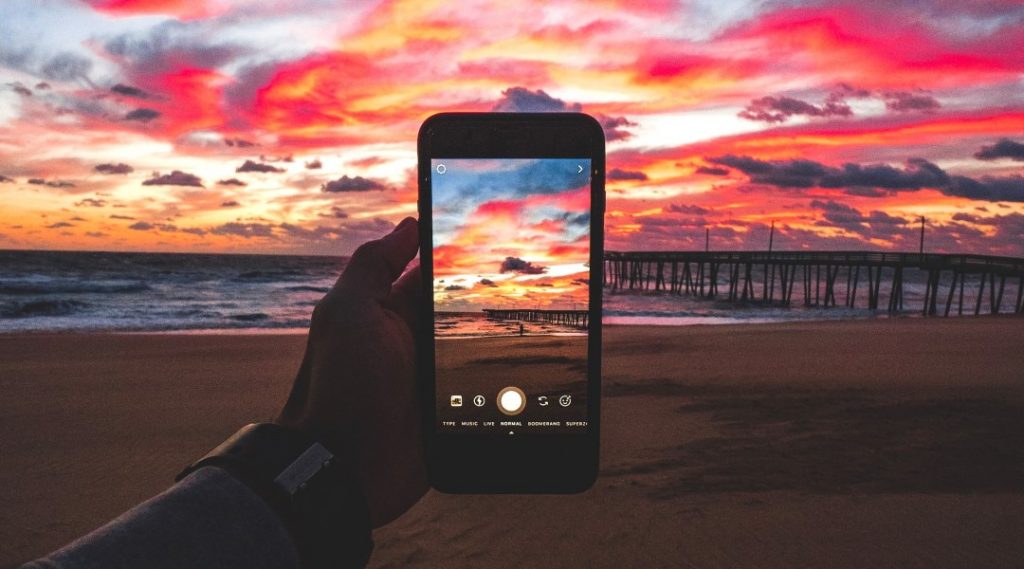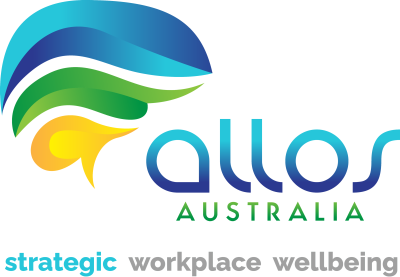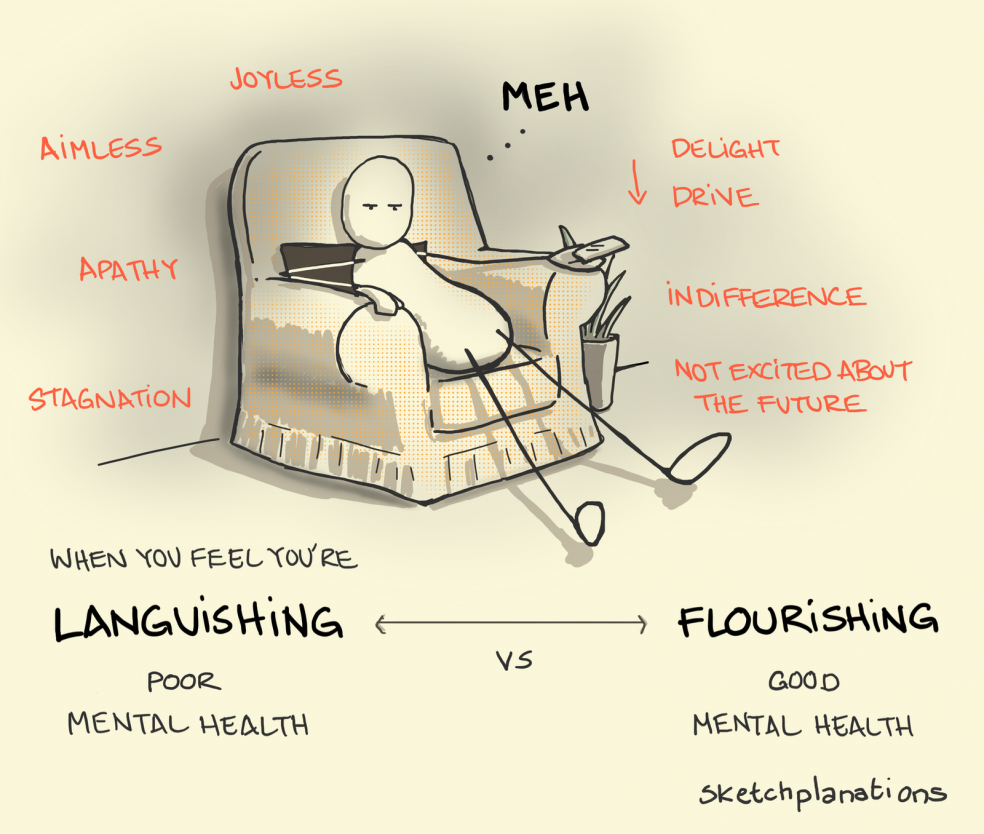How Can We Deal With Lockdown Fatigue?
If I never hear the words; lockdown, close contact, primary contact, secondary contact, household contact, community cases, vaccine hesitancy, contact tracing, robust data, outbreak, Delta variant, it will be too soon.
All of Australia has had a taste of lockdown by now, but for Melburnians this is lockdown number five, which equates to more than 180 days in lockdown since March last year. So what is it that we feel about this whole sorry saga?
Loss of control
Anecdotal feedback from Allos Australia counsellors indicates a trend of “Lockdown fatigue“. From a wellbeing perspective, this is noticeable when clients report a feeling of melancholy for no obvious reason and really can’t define what is bothering them. “I still have a job. I’m physically healthy. I’m close to my family…so why do I feel this way?”
All of this is true with one noticeable difference. Since March 2020, we have been asked to accept change without any real prospect of knowing the outcome. Sure, governments often make hollow promises which inevitably, they can’t live up to. But why now? The reality is, this is as new to them as it is to us. They are rock hopping from one “new reality” to the next. We all are.
Creeping uncertainty
Every human I have ever met has a threshold for uncertainty, and once that threshold is exceeded, it leaves them feeling confused and numb. It’s a normal reaction to ongoing uncertainty.
Why does this happen? Basically, our brains prefer predictability. Without a clear path forward, our minds try to imagine and prepare for all the different scenarios that could play out; that takes a lot of energy (our brain constitutes only 2% of our total body weight, but it uses 20% of our total energy). That’s why, even while we’re sitting at home and doing far less physical activity, just getting through the day can take all our energy.
Now, consider that we’ve all been in varying levels of this survival mode for over 18 months. It’s no wonder you might be feeling cooked right now.
So what can we do to make things easier?
In short, make your life as predictable as possible. Put aside your big complex plans for the moment and tune out from all those things in the world that you can’t control and are exhausting to think about. Focus on what you can control. Keep your plans small and your routines simple. You could try tidying up the house, but if that’s too much, maybe just start with your room. One little accomplishment leads to a little more satisfaction and calm. That gives you energy and motivation for the next goal. Pay attention to your energy and recharge more often.
The same goes for time. Imagining the weeks ahead will likely be overwhelming. Instead, focus on getting through the day; if that’s too much to think about, try just the next thirty minutes. The Pomodoro technique is a proven and popular approach for this.
Mind games
For me, this chronic uncertainty and lockdown fatigue leads me to engage in negative thinking for extended periods.
Some common yet understandable examples include;
Conspiracy theories
“The government, are not being honest; they only tell us what they want us to hear.” These are a consequence of our brains need for control. “If I’m not in control, ‘someone’ must be!” While elements of this may be true, it simply isn’t healthy to stay with these thoughts for extended periods.
Catastrophising
“It’s out of control. We’re all done for!” Earlier, I explained how, when faced with uncertainty, our brain tries to imagine and predict every possible outcome. Well, guess which outcomes it focuses on? Yep, that’s right, the worst ones. It plays out our worst fears over and over and when we don’t find a solution, we’re left with a sense of resignation that things are not going to get any better.
Impaired routine – intent to do something positive (walk, read a novel, etc.) inevitably leading to added anxiety and guilt because you weren’t able to, mood eating, sleep disturbance.
Poor decision making
The product of chronic uncertainty and loss of control is impaired decision making. Something as simple as an extra glass of wine or a one-off decision to stay indoors at the expense of some much-needed exercise and fresh air, or something more such as withdrawal from friends, partners, family or drinking much more than you know is healthy.
No matter how it starts, it boils down to catching ourselves when we’re contemplating poor choices; then doing something about it.
So, the three areas I’ve touched on, loss of control, creeping uncertainty, and poor decision-making, are entirely related. I don’t think this would surprise anyone.
A note on media consumption.

While it’s essential to stay informed, news and social media hijack our fear drive. You may think you’re immune, but the science suggests none of us are, not on a subconscious level anyway.
So, whether your feeling top of the world, or completely overwhelmed we encourage you to be careful about the quantity and quality of media you consume.
- Social media is flooded with misinformation and wild speculation. Ask yourself if it’s helping you or adding to your lockdown fatigue.
- Ration media coverage on COVID because being exposed to volumes of negative information can increase feelings of anxiety.
- Avoid checking exposure lists multiple times a day.
Final thoughts
Last I looked, none of us can predict the future, so I wish I could tell you what the future holds. Truth be told, that wouldn’t help either. The nature of uncertainty is more than just not knowing; it’s also about not being able to plan. How many of us have arranged a holiday break, only for it to fall over at the eleventh hour because we had an “outbreak”.
Hope sits in there as well; hoping to get back to some levels of normalcy; hoping that we can go away on vacation or see family on special occasions. Hoping that if a loved one passes, we can commemorate their life in a way befitting who they were.
Hang in there.
This is the brilliant thing about humans; we can take on substantial uncertainty – we just have to develop strategies to recognise that we can.

